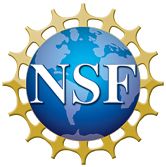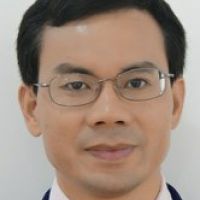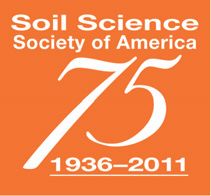Lin, 2011
Three Principles of Soil Change and Pedogenesis in Time and Space
Henry Lin (2011)
Soil Science Society of America Journal, 75(6):2049–2070
-
IML, Shale Hills, INVESTIGATOR
Abstract
Improved understanding of complex soil system’s change over time and space can advance our forecasts and plans for changes related to critical societal needs. Taking a holistic and evolutionary view, this paper synthesizes three general principles of soil change and pedogenesis in time and space (especially time). First, the principle of conservation plus evolution provides the reconciliation of fast and slow changes in multiphase soil systems. Incomplete closure and partial irreversibility of many cyclic processes of soil functioning produce a range of residual solid products that are accumulated over time, giving rise to structured and informative soil profiles. Second, the principle of dissipation plus organization explains the simultaneous occurrence of soil matrix and soil structure during pedogenesis. Soil entropy changes provide potential indices for the degree of soil weathering (residuals) and soil structural development (fluxes) once appropriate quantification is made. Third, the principle of space plus time highlights the fundamental differences and intimate links between time and space. While space is reversible, conservative, and structured, time is irreversible, evolutionary, and nonstructured. Both time and space, however, share the common characteristics of preferentiality and threshold that govern soil functions and soil evolution. Many unknowns, however, remain regarding how complex soil systems work. The three principles offer useful perspectives for modeling and predicting soil change and pedogenesis. Considerable efforts are needed to reach a more quantitative treatment of the complex interaction between soil systems and their environment across time and space. This is an important direction for future soil science and its sustained contributions to societal needs.
Citation
Henry Lin (2011): Three Principles of Soil Change and Pedogenesis in Time and Space. Soil Science Society of America Journal, 75(6):2049–2070. DOI: 10.2136/sssaj2011.0130
 This Paper/Book acknowledges NSF CZO grant support.
This Paper/Book acknowledges NSF CZO grant support.
Explore Further


